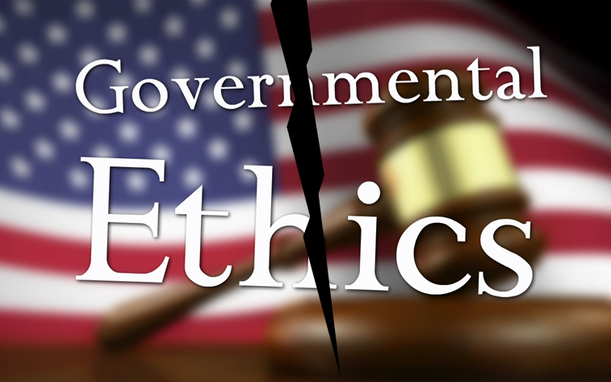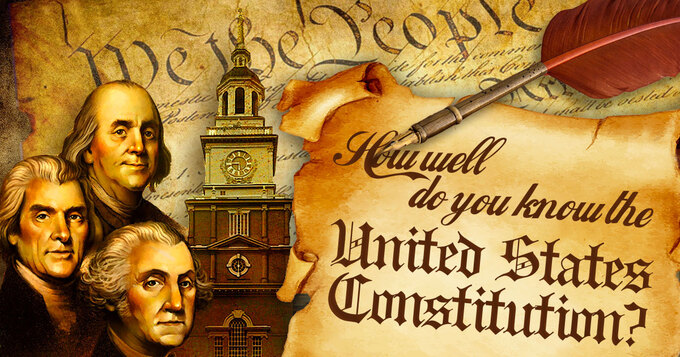|
Encore post from 10/5/2021
ETHICS AND STANDARDS (Republican Party Platform) “We demand honesty, integrity, morality, and accountability of our public officials. We will work to expose and stop corruption.” The UTGOP does not operate under a Code of Ethics or have an Ethics Committee. The following is a proposal I put together as an SCC sub-committee Chair to address this omission in our governing documents. It fell on deaf ears! The purpose of an Ethics Committee is to enforce all the governing rules of the Party equally among its members. It is fundamental to the success of our republican system of government that all candidates, elected officials, party members and party leaders at all levels of government be independent and impartial, place the public interest above any private interest, and not give any appearance of impropriety. To that end, it is the policy of the Utah Republican Party, and the Utah Republican State Central Committee, to take a leading role in promoting the highest standards of ethics, integrity, and transparency in government. The hallmark of this Code of Ethics is the simple truth that the public interest is and must be supreme for those who hold positions of public trust...
0 Comments
There's more to the U.S. Constitution than the Bill of Rights—there's the original document plus a total of 27 additional amendments. Here are interesting facts and figures you may not know about this important document that is the cornerstone of the American government.
The Bill of Rights In 1789, James Madison, the “Father of the Constitution,” who at the time was a U.S. Congressional Representative from Virginia and would go on to serve as the fourth President of the United States, proposed 19 amendments meant to answer the objections that had already been raised by the States regarding the Constitution, which had been ratified only two years earlier. The House of Representatives approved 17 of the amendments, of which the Senate approved 12. Those 12 amendments were then sent to the state legislatures for approval. Only ten amendments were ultimately approved by three-fourths of the state legislatures; Virginia was the tenth out of the existing 14 states to do so, giving them the final go-ahead on December 15, 1791. Those ten bills became known at The Bill of Rights. Of the two proposed amendments that didn’t get ratified in 1791, one finally did in 1992. Popular vote vs. Electoral College When the 39 men signed the Constitution, they signed into law one of the most contentious processes in the world: an election mechanism still being debated today. James Wilson, who represented Pennsylvania at the Constitutional Convention in 1787, originally proposed that the President be chosen by popular vote. But according to the National Archives and Records Administration, “the Founding Fathers established the Electoral College in the Constitution as a compromise between election of the President by a vote in Congress and election of the President by a popular vote of qualified citizens.” It’s been an often-debated idea ever since. Per ConstitutionFacts.com, there have been 500 proposed amendments to change the Electoral College process, but this “indirect” system of electing the president is, of course, still intact—as we all were reminded in November 2016 when the winner of the popular vote, Democratic candidate Hillary Clinton, lost the election. Understanding the Electoral College is one of the confusing questions many are too embarrassed to ask about the American government. |
AuthorBill Olson Archives
April 2024
Categories
All
|




 RSS Feed
RSS Feed
